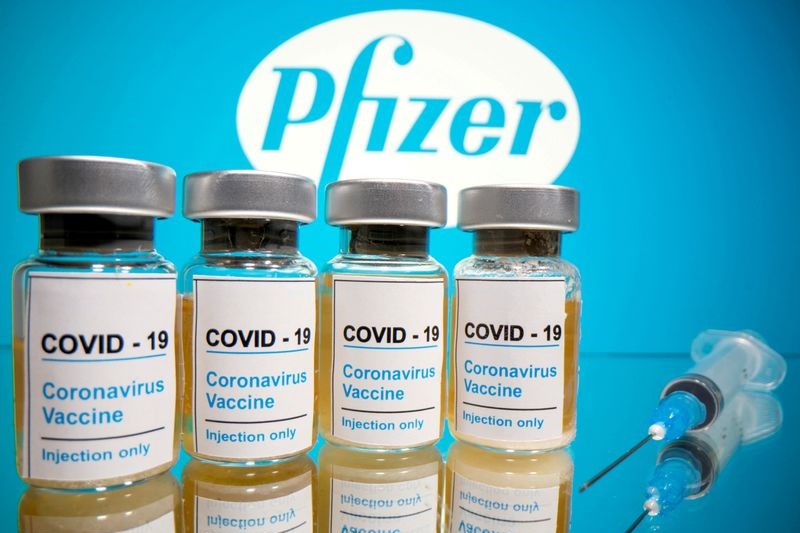Pfizer Inc. (NYSE:PFE) has announced modifications to its executive compensation plan, affecting up to 9,000 employees, including top executives. The changes, approved by the Compensation Committee of the Board of Directors on Wednesday, are designed to enhance the retention of key personnel and align their interests with those of shareholders for an extended period.
The pharmaceutical giant, headquartered in New York, detailed in its SEC filing that the modifications apply to outstanding Five-Year Total Shareholder Return Units (TSRUs) and Performance Share Awards (PSAs) granted in 2022 and 2023. Eligible participants now have the option to extend the terms of their TSRUs by two additional years, potentially pushing the settlement period to February 2029 for 2022 grants and February 2030 for 2023 grants, with a corresponding extension in the vesting period.
Moreover, the treatment of TSRUs in the event of an employee's death has been updated to ensure a settlement based on the greater of binomial value or intrinsic value, aligning with the terms of the 2024 grants. All other terms of the TSRUs will remain unchanged.
For PSAs, participants can elect to extend the three-year performance period by two years, with performance now being measured over the final three years of the extended period. The Committee will set the adjusted net income goal for each of the extended years at the beginning of each respective period.
Additionally, the operating goal's performance range is set at 0% – 200%, with a cap on the relative total shareholder return modifier at 25 percentage points, subject to an overall 200% maximum payout. Payouts are capped at target if total shareholder return is negative. Updates similar to those for TSRUs in the event of death have been made for PSAs as well.
In other recent news, Pfizer Inc. has made significant strides in the field of gene therapy, with its product DURVEQTIX receiving conditional marketing authorization from the European Commission for the treatment of severe and moderately severe hemophilia B. This follows the positive results from the Phase 3 BENEGENE-2 study. Furthermore, Pfizer's experimental gene therapy for hemophilia A, giroctocogene fitelparvovec, met its primary and key secondary objectives in a pivotal Phase 3 trial, demonstrating a significant reduction in bleeding rates.
In parallel, Truist Securities maintained a Buy rating on Pfizer as it progresses with the development of a once-daily formulation of danuglipron, an oral GLP-1R agonist, aiming to enter the competitive weight loss market. Meanwhile, Johnson & Johnson (NYSE:JNJ) reported strong second-quarter performance with revenues of $22.4 billion, surpassing Wall Street expectations, primarily due to robust drug sales. Following these results, the company raised its 2024 sales forecast and announced the $13 billion purchase of Shockwave, a cardiac medical device company.
These are among the recent developments impacting both Pfizer and Johnson & Johnson. It's important to note that this information is based on facts and does not contain any speculative or subjective assessments.
This article was generated with the support of AI and reviewed by an editor. For more information see our T&C.
